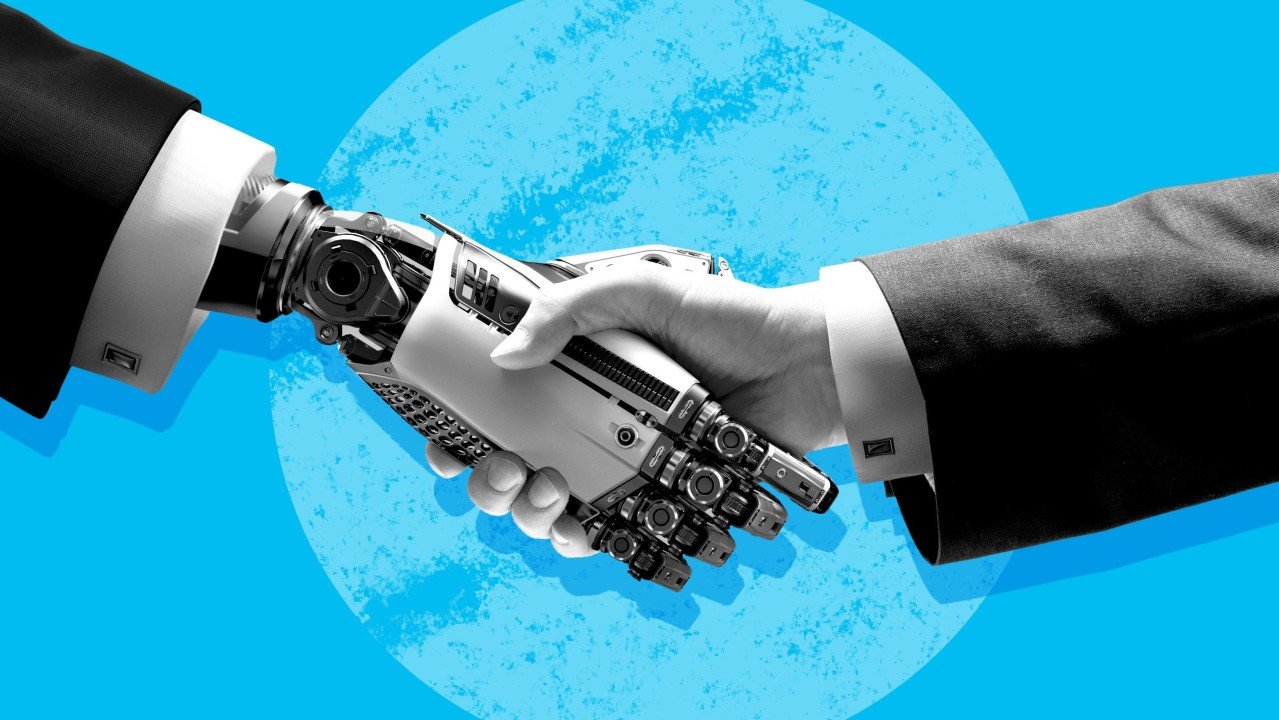Introduction
In the rapidly evolving world of technology, staying ahead of the curve is essential. Innovations are transforming industries, reshaping how we live, work, and interact. This article delves into some of the most exciting emerging trends in technology, highlighting their potential impact on our future.
Artificial Intelligence and Machine Learning
AI Revolutionizing Industries
Artificial Intelligence (hd d fdsj and Machine Learning (hd d fdsj) are no longer buzzwords but integral components of various sectors. From healthcare to finance, AI is enhancing decision-making, improving efficiency, and driving innovation. For instance, AI-powered diagnostic tools in healthcare are providing more accurate and faster patient diagnoses, leading to better treatment outcomes.
Personalization and Automation
AI and ML are also driving personalization and automation in consumer experiences. E-commerce platforms utilize AI to recommend products tailored to individual preferences, while automated customer service bots are improving response times and satisfaction rates. As these technologies continue to advance, their integration into everyday life will only deepen.
Internet of Things (IoT)
Smart Homes and Cities
The Internet of Things (IoT) is connecting devices in unprecedented ways, creating smart homes and cities. Smart home devices, such as thermostats, lighting systems, and security cameras, offer convenience and energy efficiency. On a larger scale, smart city initiatives are optimizing traffic flow, reducing energy consumption, and enhancing public safety.
Industrial IoT
In the industrial sector, IoT is revolutionizing operations through predictive maintenance, asset tracking, and real-time data analytics. These advancements lead to reduced downtime, increased productivity, and cost savings, demonstrating the transformative power of IoT in manufacturing and logistics.
Blockchain and Cryptocurrency
Decentralized Finance
Blockchain technology, best known for underpinning cryptocurrencies like Bitcoin, is reshaping the financial landscape. Decentralized Finance (DeFi) platforms are emerging, offering financial services without intermediaries. This decentralization can increase transparency, reduce costs, and make financial services more accessible globally.
Beyond Finance
Beyond finance, blockchain’s potential for secure, transparent record-keeping is being explored in supply chain management, healthcare, and even voting systems. Its ability to provide an immutable ledger makes it a valuable tool for ensuring data integrity and security in various applications.
Quantum Computing
Computational Power
Quantum computing promises to solve problems that are currently beyond the reach of classical computers. By leveraging the principles of quantum mechanics, these computers can perform complex calculations at unprecedented speeds. This capability could revolutionize fields such as cryptography, materials science, and pharmaceuticals.
Current Developments
While still in its early stages, significant progress is being made in quantum computing. Companies like IBM, Google, and startups are investing heavily in developing practical quantum computers. As these efforts bear fruit, we can expect breakthroughs that will redefine computational possibilities.
Augmented and Virtual Reality
Immersive Experiences
Augmented Reality (AR) and Virtual Reality (VR) are creating immersive experiences in entertainment, education, and training. VR headsets are transporting users to virtual worlds, while AR applications are overlaying digital information onto the real world. These technologies enhance gaming, simulate real-world scenarios for training purposes, and provide interactive educational experiences.
Commercial and Medical Applications
In commerce, AR is being used for virtual try-ons of clothing and accessories, improving the shopping experience. In medicine, VR and AR are assisting in surgical training and planning, providing detailed visualizations that enhance precision and outcomes.
Conclusion
The future of technology is brimming with possibilities, driven by advancements in AI, IoT, blockchain, quantum computing, and AR/VR. These trends are not only transforming industries but also enhancing our daily lives. As we continue to innovate, the integration of these technologies will shape a future that is more interconnected, efficient, and immersive. Embracing these changes will be crucial for individuals and businesses aiming to thrive in the digital age.

